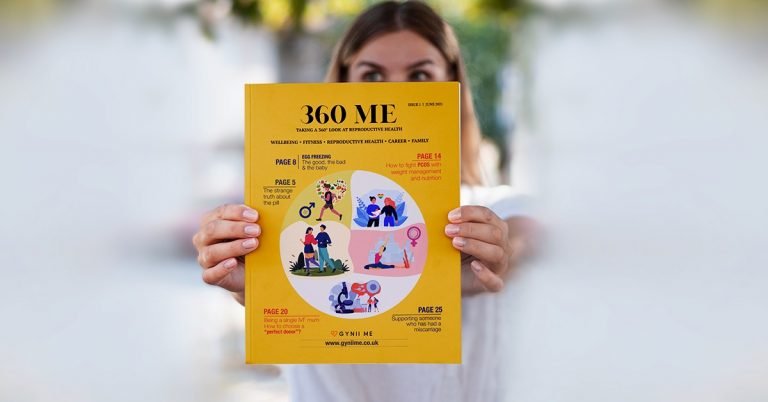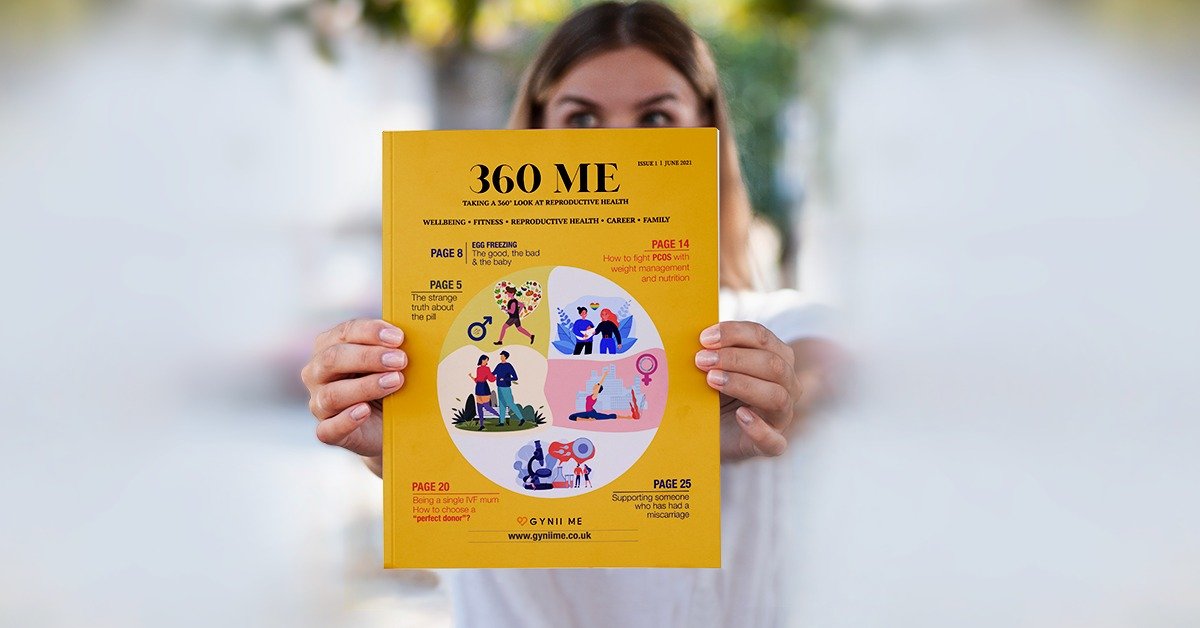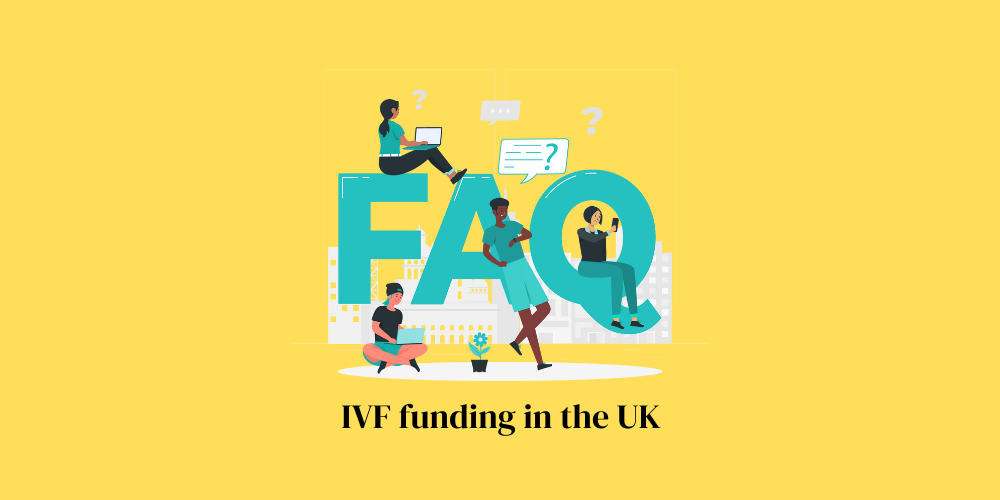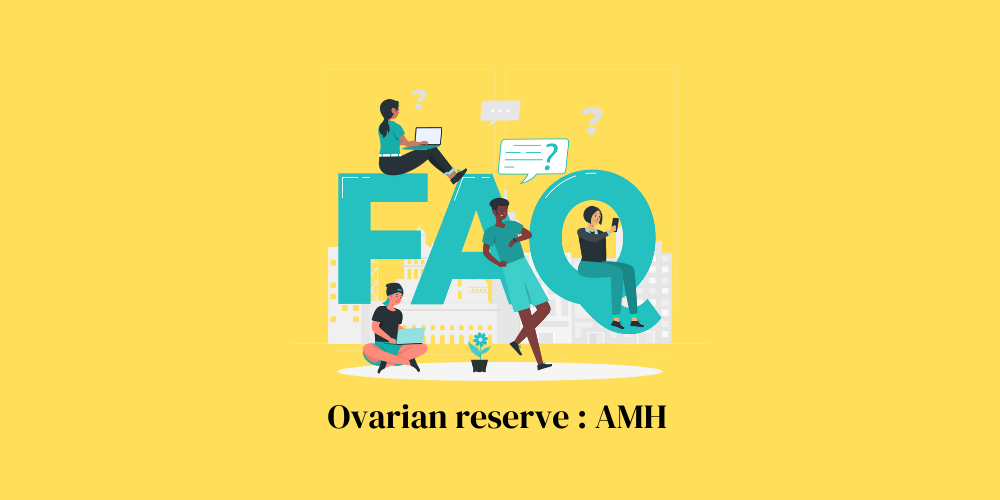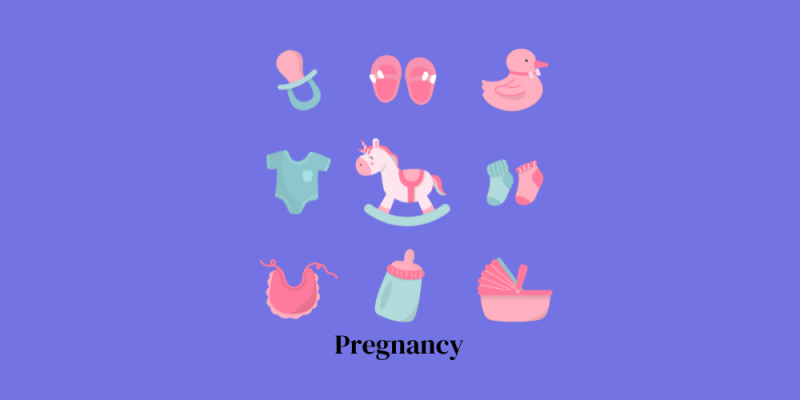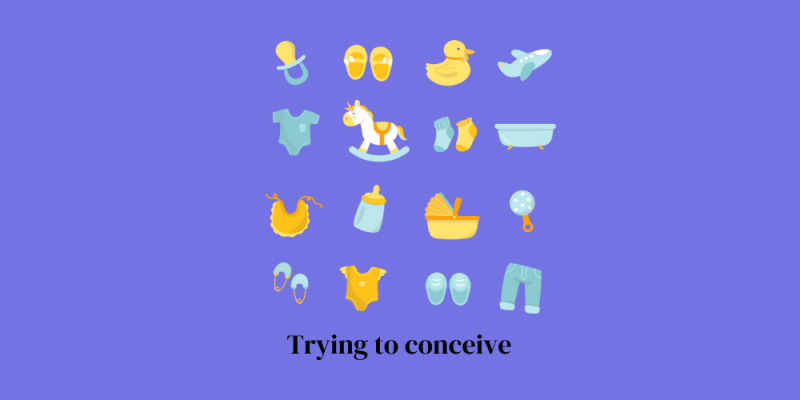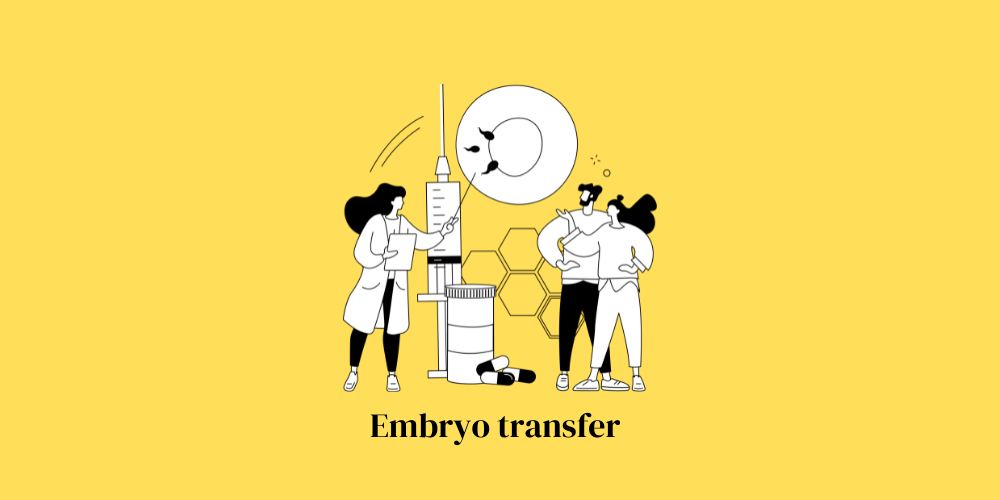When I started out as a lawyer 20 years ago, before I got my training contract, I was taken on as a paralegal in a small music law firm. I felt like I’d hit the jackpot after finding it really challenging to get my training contract.
It was just a small firm with three partners and a trainee who was about to qualify and I’d been told at interview that there was a good chance of getting a Training Contract if I did well as a paralegal. So I was a bit surprised to see another paralegal in my office when I arrived on day one. It didn’t bother me that he was there. I just assumed that they were growing and there would be opportunities around for those that wanted them. I might just have to wait a bit longer maybe to get the next open Training Contract slot.
But what was interesting was his reaction. What started out as a new, same level colleague relationship when he showed me the ropes, invited me to have my sandwiches with him at lunch time and gave me the insights on what it was like to work there, quickly became a competition. As he saw me doing well and winning favour with the work I was producing he started to see me as a direct competitor to the golden goose. And his behaviour changed as a result.
He withdrew from me. We no longer had open chats about what we were working on. We didn’t head out for lunch together. He didn’t offer help when I reached out for support. I was clearly on my own. I felt like we were missing a trick, we could have helped each other out.
But it was ok because it just meant I had to up my game. I became more competitive with myself and it also meant that I had to open up communication lines with my managers early on. I had to get out there and do the best I could and put myself on the line, be honest and open so that I could get the work done. I had nowhere to hide, no partner in crime to be in cahoots with, so I had to just go all in. I didn’t get satisfaction when I was given meatier work to do or when I saw that he got berated for not doing what he was asked to do. I just found it sad. It was even sadder when he was asked to leave not long after I arrived. I was a bit baffled to be honest as I’d just assumed he would be next in line and I had no idea that we were actually in competition. Because maybe we weren’t. Maybe that was just his perception.
You see that doesn’t sit well with me. I don’t much like competition with others, I’d much rather compete with myself. But I do understand it more now. I can see that seeing others as competitors has its place, if it makes you want to be better in yourself, if it inspires you to do more, if it makes you examine yourself.
In my experience competition with others comes from one of two places, ego or fear. It can put you in a place of feeling you have something to prove, and of having to achieve to be recognised and elevated. When it’s ego it can look like one-upmanship, bragging or glory hunting. When it’s fear it can be demeaning, flagellating or withdrawal. People trying to assert themselves to look better than others rarely have the bigger picture in mind, whatever the root cause, and so often they can get so lost in the competition that they lose sight of what’s actually important and sometimes lose out to help and support from others around them who don’t want to be part of the competition at all.
I much prefer collaboration as a strategy for career advancement as do so many women I encounter. Even now as a one woman band, I would much rather reach out and ask for help, often from other business owners who you might otherwise regard as competitors than sit in isolation and churn through, not showing your hand to others for fear of giving your game away and plotting away behind closed doors.
Collaboration is a foundation of feminine leadership, the notion that we’re better together, that we can all learn from each other and bring each other up. Often when we’re working in masculine environments competition is the culture we’re operating in and if that’s not your mode of operation, then it can make things not feel so good. It can lead us to fight with each other, for things, instead of working together for the good of things.
Working in this way still allows us to be competitive, to strive for the best, do our jobs well and get results, but it equally allows us to bring others in, to get help, support and ideas from a bigger pool of minds than just our own. Collaboration is the key to whole organisation development, one where we are all working together for a common purpose. And when you apply it to your own personal career, it takes you from a place of fear and suspicion of others to another level of personal development, learning and thriving.
If so far you’ve been caught up in a competitive environment and it’s not quite working for you, here are some tips to bring more collaboration into place and use competition in a more beneficial way to get more out of your career.
Create a shared vision
Create a clear picture of what the purpose of your collaboration is. I was working with a client recently who wanted to reinstate weekly meetings because she felt like the morale in the team was low and she knew getting together more frequently would be good for everyone, including herself. She needed buy-in from the senior manager who ran the meetings normally but also from the junior staff who would benefit the most from having more continuous contact. Her shared vision had to include the benefits from team level to business outcomes level to get buy-in from all angles to get the change she knew was needed for the greater good. She needed to get clear on the benefits to the decision maker, and get support from those that would benefit by stating what everyone will gain and the purpose behind it to make it happen.
Play to the strengths of those you’re collaborating with
You sometimes need to acknowledge that some things are better done by others. If you work from a competitive perspective, to gain maximum glory and score the most points you work will need to be seen as the result all coming from you. This can lead to taking too much on, overwork and eventually burn out. When you take a collaborative approach you recognise early on that your skill set may be limited or that other people enjoy tasks that you don’t or have knowledge that you lack. Seeing that you can quickly pull together more resources to get a job done can really cut out the time you personally spend on something and also get a better result because the best people are using their skills and knowledge more effectively.
Continuous communication
If you are collaborating, you also need to be communicating. Collaboration doesn’t work in silo, so once you have pulled people together for that common cause you need to continuously communicate with them. Feedback, check in, set meeting dates and one to ones to make sure everyone is always on the same page.
Put boundaries in place
Set the rules of play when you start a collaboration. You want to all be working together so make the parameters clear, set expectations and get agreement from all concerned. Collaborations can run out of steam when people run away with stuff or don’t really know what they’re supposed to be doing so keeping a tight, clear ship always helps people understand how they’re expected to contribute.
Keep the bottom line human
Collaboration is a people approach. It’s about bringing people together to achieve a common aim. While the aim is important, so too is looking after the people who are trying to achieve it. If your collaboration is actually based in competition and you are looking for glory or a win by getting people behind you, this can be where push can come from and not taking other people’s needs into account too. That can lead to dissatisfaction and burn out from those being called to achieve. This isn’t actually what collaboration is about at all and it’s really important that in order to get continued buy-in from those that you are collaborating with, that it always comes back to reminding ourselves that we are humans first and foremost, not machines.
If you’d like to take more of a collaborative approach in your career and begin to feel supported to get to those bigger goals you might have, then drop me a line at jo@jooogarah.com to arrange a free, no obligation call to see how I might be able to help you with that.



